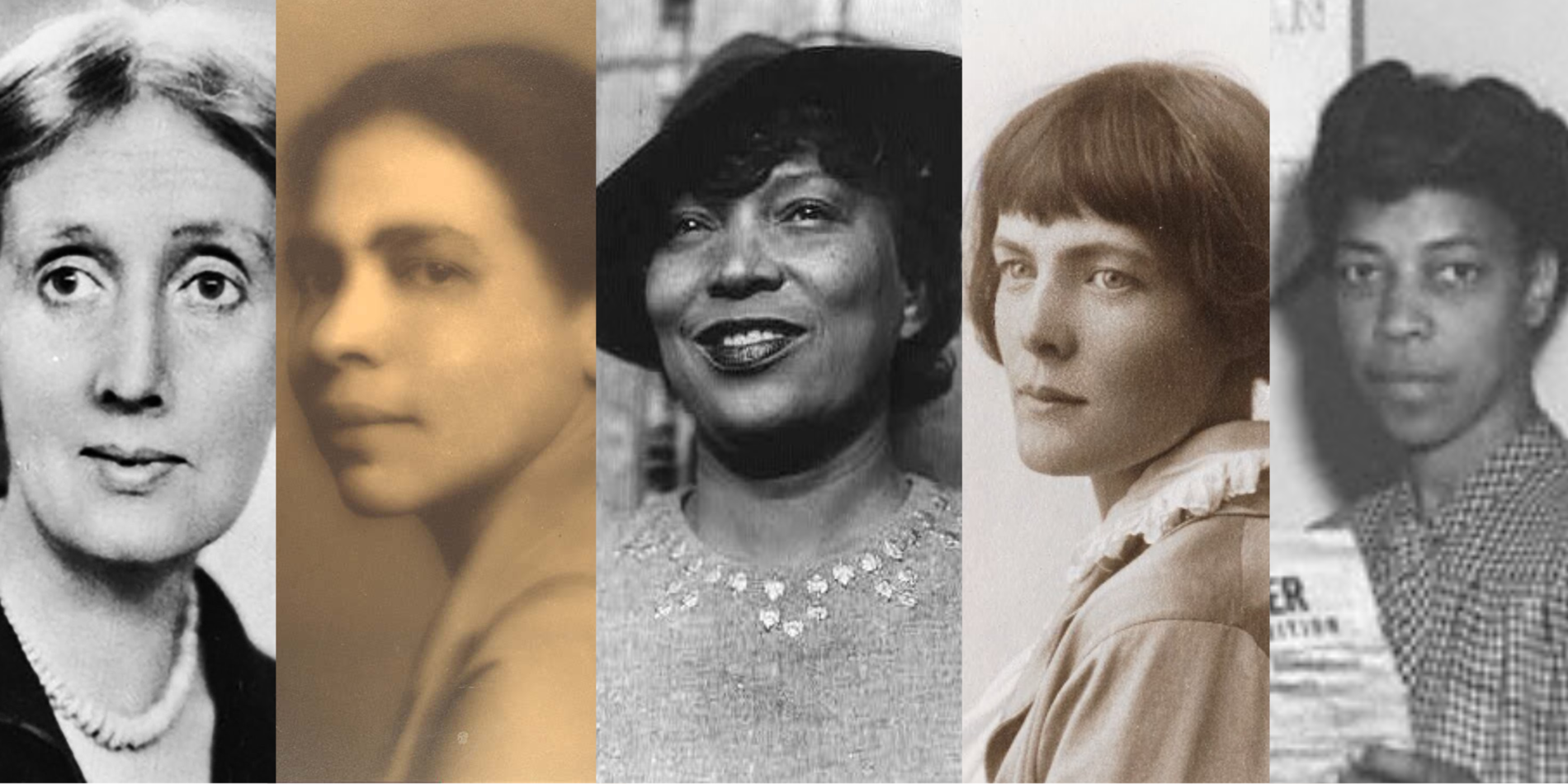Course Description
Pandemics. Financial Crises. War. Rising Nationalisms. Labor versus Capital. Country versus City. Race, Gender, Class Struggle. What year is it? 1922 or 2023? A century ago, writers in Britain and America were confronting massive social, economic and cultural changes in the wake of a devastating World War and a global pandemic. As artists, journalists, and cultural critics, most felt that they not only had to write to capture an era, they urgently needed to invent new forms of creative expression to represent cataclysmic times.
What felt like a crisis of living became a crisis of representation.Women writers on both sides of the Atlantic, in particular, were confronting similar challenges but in very different geographic, cultural and economic contexts. Suffrage, empire, race, education, professionalization, family: the list of private and public negotiations of self and belonging was long, not least the challenges to what it meant to ‘write as a woman’. The aftershocks of the Great War reverberated strongly in Britain, with the politics of Empire never far below the surface; in America, the Jim Crow era, the politics of North and South, the legacy of slavery and the Civil War, perhaps even more than the Great War, deeply shaped women’s experimental fiction.
In this course, we will read a wide cross-section of British and American women writers who turned to fiction and poetry to examine, and to survive, their times: Virginia Woolf, Nella Larsen, Rebecca West, Zora Neale Hurston, Jean Rhys, Jessie Redmon Fauset, Katherine Mansfield, H.D., Marianne Moore, and Una Marson. You will learn how to pay close attention to the often radically new ways these writers bent language to their purposes to express complex emotions and vexed political realities; in your own essay writing, you will learn how to write clearly and persuasively about small units of text and to craft longer critical analyses attentive to language, history, and culture. Always, students will be encouraged to draw connections between then and now, to ponder what has changed, and what remains to be changed, in our own turbulent times.
Meet the Instructor: Alice Staveley

"I grew up on the edge of the edge; the large island of Newfoundland off the east coast of Canada, never dreaming that one day I would make my home five thousand miles away on the Californian coast. But education is like that. It allows us to voyage far and wide, in our imaginations and, if we’re lucky, across lands. My peregrinations have also informed my scholarly interests, and I’m fascinated by how literary narratives grapple with history, place, identity, community, voice and self. My scholarly expertise, honed by graduate study in the United Kingdom, is on the writings of Virginia Woolf, one of the twentieth century’s leading modern novelists and essayists. I write and publish about her life as a publisher, and I spend a lot of time thinking and writing about book history, publishers' archives, intergenerational feminisms, and the ways the global publishing industry, now and in the past, mediates whose voices achieve cultural significance.
"I also have practical experience and academic publications in the relatively new field of Digital Humanities, having cofounded The Modernist Archives Publishing Project (MAPP), a virtual digital archive that dives into the business of book publishing via the often overlooked paper trails ‘hidden’ in publisher’s papers which connect authors and editors, book binders and paper makers, marketing agents, readers, and reviewers, within nations and across oceans. The team behind MAPP is international and collaborative, involving undergraduate research assistants, including many here at Stanford."



